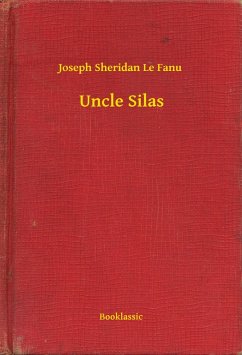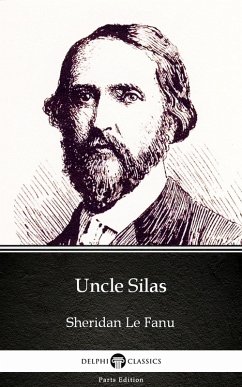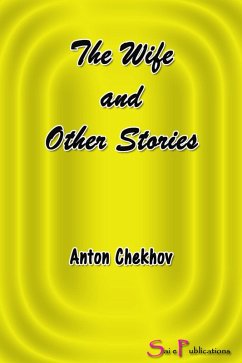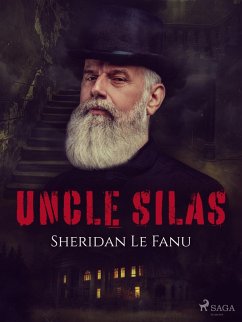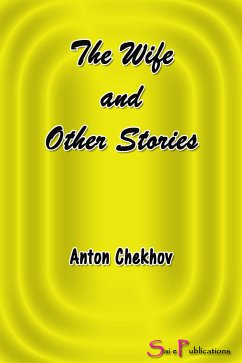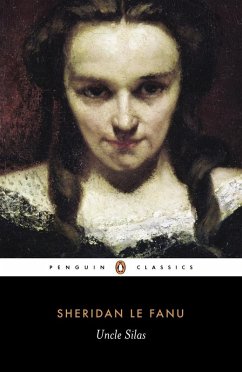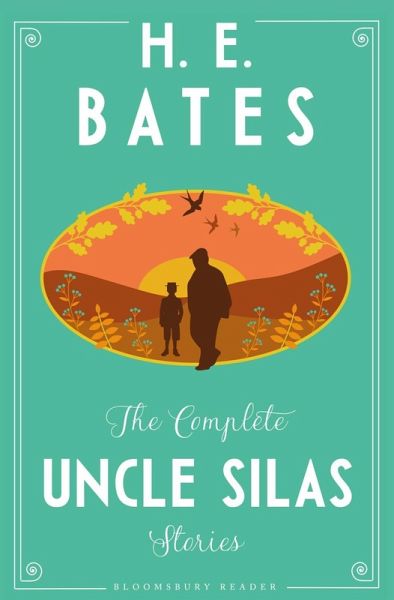
The Complete Uncle Silas Stories (eBook, ePUB)

PAYBACK Punkte
3 °P sammeln!
Bates's famous loveable rogue, Uncle Silas, has a unique range of work to his name. For the first time, all of these stories are gathered together in one collection, allowing readers to experience Silas from multiple perspectives. Some tales offer sly, affectionate glimpses of the narrator's great-uncle Silas - the rural oldster of the earthy, boozy, incorrigible school. But there is also an active tenderness as seen in 'The Revelation,' where the narrator watches old Silas being given a bath by his surly, long-time housekeeper - and realises that their relationship is intensely romantic. In '...
Bates's famous loveable rogue, Uncle Silas, has a unique range of work to his name. For the first time, all of these stories are gathered together in one collection, allowing readers to experience Silas from multiple perspectives. Some tales offer sly, affectionate glimpses of the narrator's great-uncle Silas - the rural oldster of the earthy, boozy, incorrigible school. But there is also an active tenderness as seen in 'The Revelation,' where the narrator watches old Silas being given a bath by his surly, long-time housekeeper - and realises that their relationship is intensely romantic. In 'The Lily', in a voice at once dreamy, devilish, innocent, mysterious and triumphant, 93-year-old Silas recalls his more youthful days of poaching and wooing. Elsewhere, in 'A Funny Thing' Silas chortles over tall tales of his Casanova days, trying to out-lie his dandyish, equally ancient brother-in-law, Cosmo. There are nostalgic vignettes of roof-thatching, pig-wrestling, and grave-digging. Bates claims some of the stories to be "so near to reality that they needed only the slightest recolouring on my part", citing 'The Wedding,' 'The Revelation,' 'Silas the Good,' and 'The Death of Uncle Silas'. It is in these examples that we see how he was inspired by that "apocryphal legend" borne of "every country child who keeps his ears cocked when men are talking." Silas shrewdly and gently opens the eyes of his young listener to the adult world. V.S. Pritchett acknowledged Bates's gift in the short story genre, finding that he avoided farce with Silas through the use of the "passive, wondering audience" of the boy and the fidelity of style to the "techniques of rural story-telling...Uncle Silas is in fact the scandalizing village memory at work."




